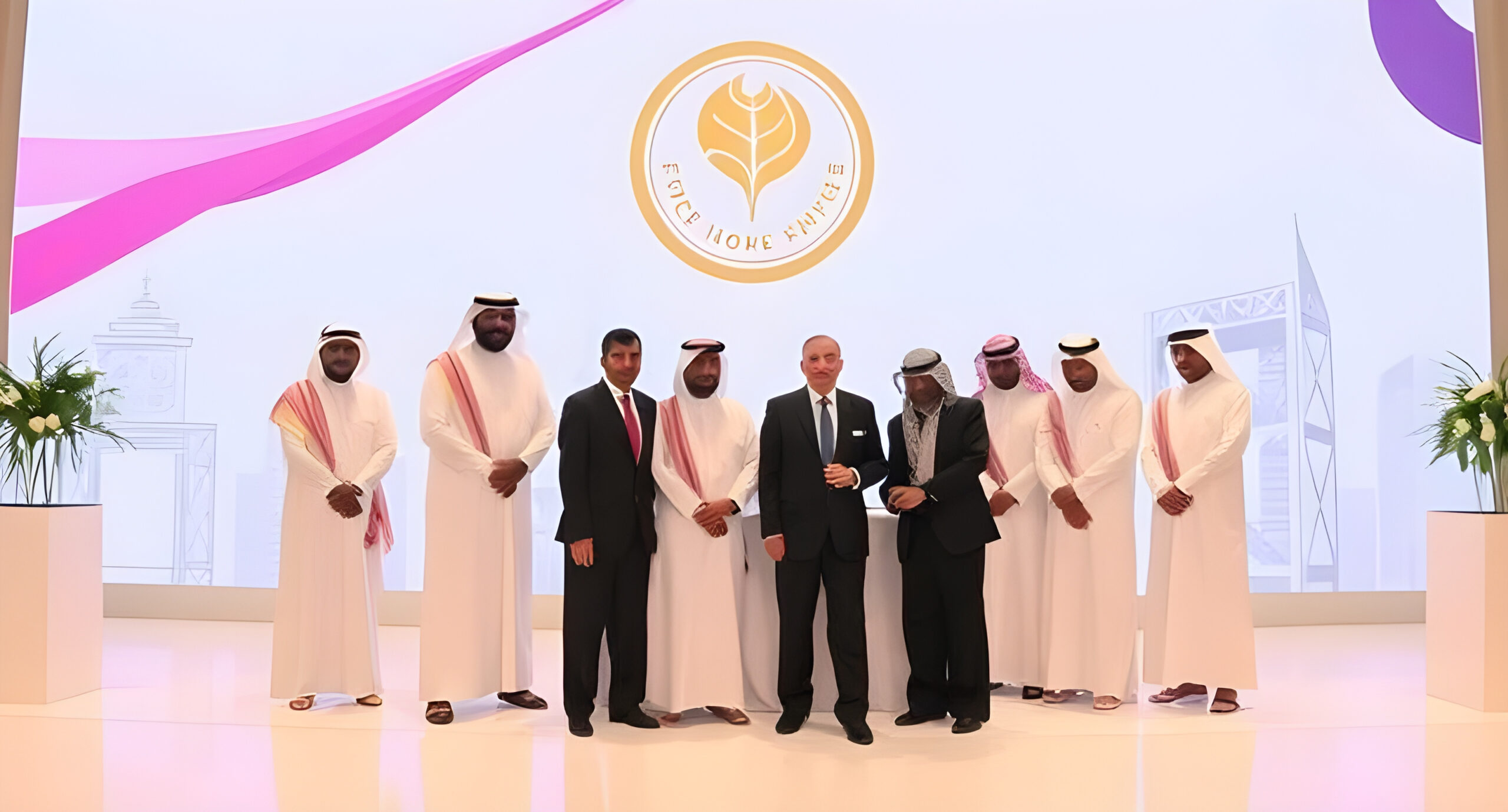The shift in reading habits among Gen Z students is a significant trend observed by educators in the UAE. While short reads are gaining popularity, long-form texts like books are losing appeal in the digital age. This change is not unique to the UAE; a YouGov poll in the UK found that 40% of Britons did not read or listen to a book in the past year, with the average adult consuming only three books annually.
Despite this trend, academics emphasize the importance of reading long-form texts for success in higher education and various professions. They highlight that changes in reading habits could have profound implications for education, the workforce, and families. Principals like Mohammedali Kottakkulam of The Central School Dubai note that while short reads offer quick knowledge, they often lack the depth needed to develop critical thinking skills. Therefore, schools are focusing on striking a balance by promoting both short and long reads.
Schools are designing curricula to enhance students’ reading abilities, enabling them to engage with complex stories and explore different perspectives. They also nurture a reading culture through engaging library programs, storytelling sessions, and read-aloud activities. This approach aims to inspire students to think critically about what they read and engage deeply with literature, combining contemporary practices with an appreciation for classic works.
The rise of digital content and social media platforms like Instagram, YouTube, and Snapchat has significantly altered how children consume information. Principals like Arogya Reddy of Ambassador School Sharjah observe that children are more engaged with visual content than traditional texts, which can make them less inclined to read books. However, initiatives like the Dubai Culture and Arts Authority’s Reading Month 2025 aim to promote reading as a daily habit, supporting the National Policy for Reading 2026.
This policy seeks to nurture the literary landscape and highlight the impact of reading on individuals and communities. By fostering a culture of reading, educators hope to prepare students for a future where knowledge is vast but true understanding remains invaluable.





